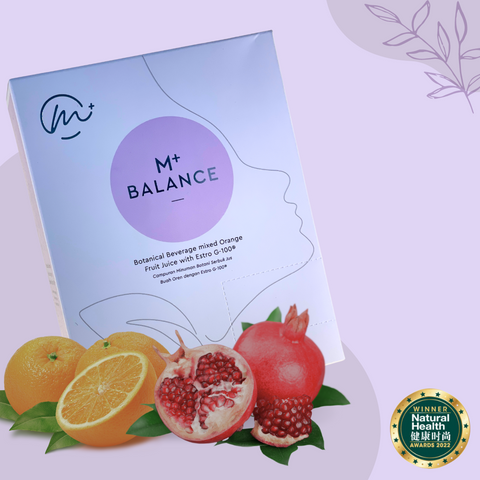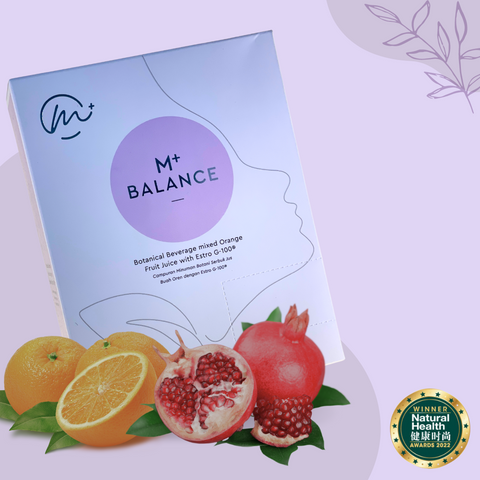Calcium and Vitamin D: Bone Health Guardians
One of the most common concerns post-menopause is the increased risk of osteoporosis due to decreased estrogen levels. Calcium and vitamin D are crucial for maintaining bone density and strength. Calcium supports the structural integrity of bones, while vitamin D enhances calcium absorption and utilization. Women over 50 should aim for a daily intake of 1,200 mg of calcium and 600-800 IU of vitamin D. Incorporating dairy products, leafy greens, and fortified foods into the diet can help, but supplements ensure adequate intake.
Magnesium: The Silent Supporter
Magnesium plays a pivotal role in over 300 enzymatic reactions in the body, including those involved in bone health, muscle function, and energy production. Post Menopause Supplements Post-menopausal women often experience magnesium deficiency, leading to muscle cramps, sleep disturbances, and anxiety. A daily intake of 320 mg of magnesium through supplements or magnesium-rich foods like nuts, seeds, and whole grains can alleviate these symptoms and promote overall health.
Omega-3 Fatty Acids: Heart and Brain Protectors
Heart health becomes increasingly important after menopause, as the risk of cardiovascular diseases rises. Omega-3 fatty acids, found in fish oil supplements, flaxseeds, and walnuts, have anti-inflammatory properties that support heart health by reducing blood pressure, lowering triglyceride levels, and preventing plaque formation in arteries. Additionally, omega-3s support cognitive function, which is crucial as women age. A daily intake of 1,000 mg of combined EPA and DHA is recommended for optimal benefits.
Vitamin B12: Energy and Cognitive Booster
Vitamin B12 is essential for red blood cell formation, neurological function, and DNA synthesis. Post-menopausal women are at risk of vitamin B12 deficiency due to decreased stomach acid production, which impairs absorption. Symptoms of deficiency include fatigue, weakness, memory loss, and mood changes. A daily supplement of 2.4 mcg of vitamin B12, found in animal products and fortified foods, can help maintain energy levels and cognitive function.
Phytoestrogens: Natural Hormone Balancers
Phytoestrogens are plant compounds that mimic estrogen in the body, helping to alleviate menopausal symptoms such as hot flashes, night sweats, and mood swings. Isoflavones, a type of phytoestrogen found in soy products, flaxseeds, and legumes, can be beneficial for post-menopausal women. While the evidence is mixed, many women find relief by incorporating 40-80 mg of isoflavones into their daily diet.
Probiotics: Gut Health Enhancers
Gut health is often overlooked but plays a significant role in overall well-being. Probiotics, the beneficial bacteria found in fermented foods and supplements, support digestive health, boost the immune system, and improve nutrient absorption. Nourishing Vaginal Cream For post-menopausal women, maintaining a healthy gut microbiome can alleviate digestive issues, support weight management, and enhance mood. A daily probiotic supplement containing strains like Lactobacillus and Bifidobacterium can be a valuable addition to the diet.






Comments